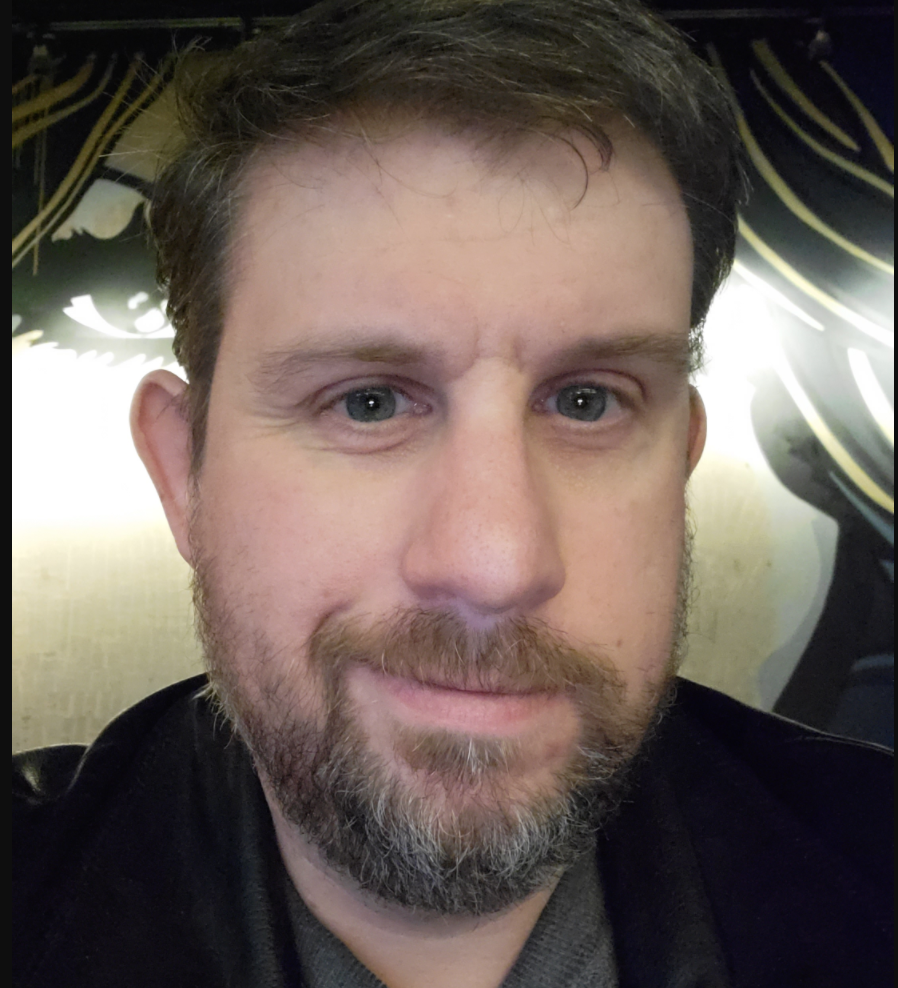Original Article By Tiana Lowe At WashingtonExaminer.com:
Ukrainians are quickly learning the real cost of supposedly “free” healthcare. Forced to seek asylum in the United Kingdom since Russia’s invasion, Ukrainian refugees are reportedly sneaking back into their war-torn country to obtain medical treatment. The cause: the National Health Service’s abominable wait times.
According to iNews UK, Maiia Habruk, who fled from Kyiv to southeast London, was told during an NHS phone consultation to take paracetamol for chest pains from her angina, only for the pain to worsen and spread to her cheek.
“I went to the NHS chatroom online, and I was told to wait for a call the following day, but the call did not happen, so I went to the hospital,” Habruk told the news outlet. “After waiting four hours [in the emergency room], the doctor didn’t even look at me, and she also told me to take paracetamol. Again, it didn’t help, and I was still in severe pain.”
Habruk headed back to Kyiv, a 24-hour journey “which includes a flight to Poland and a long and dangerous train journey to Kyiv.”
“Ms. Habruk’s pain was coming from pulpitis, an inflammation of the soft inner tissue of a tooth that, if not treated immediately, can lead to permanent pain or sensitivity,” iNews UK reported. “The doctor in Ukraine took the tooth out immediately.”
The crisis apparently isn’t unique to England. The Scottish Liberal Democratic leader warned Nicola Sturgeon, the first minister of Scotland, that “the air raid sirens, the drone strikes, and the cruise missile attacks of the Ukrainian capital were less daunting” to a Ukrainian refugee who left the U.K. for Ukrainian medical treatment rather than wait for services from Scotland’s NHS.
What makes the nominally universal healthcare system of the U.K. and Ukraine so different? In practice, quite a bit.
Although Ukraine’s government healthcare system is an ideological successor to the Soviet system, Politico reported in 2017 that “in reality, its system is underfunded, corrupt and inaccessible.” The result, in practice, is a price-based model with patients paying out-of-pocket for services. Prior to the Russian invasion, Ukraine became a hot spot for medical tourists seeking cosmetic surgeries — on par with European quality but a fraction of the price.
The U.K.’s system is single-payer in both theory and practice. The NHS reports that more than a third of patients, like Habruk, wait in emergency rooms for more than four hours and that 1 in 5 ambulance patients are waiting over an hour before being admitted into emergency room care. From November 2021 to November 2022, the number of patients who waited over 12 hours for emergency room care nearly quadrupled.
Of three key components of healthcare — the “Iron Triangle” of cost, quality, and access — most systems must sacrifice one to enhance the other two. The American system is incredibly expensive but thankfully accessible and high quality for almost everyone, especially in emergency care. Thanks to a government unable or unwilling to stop a shadow system of direct payments to providers, the Ukrainian system in practice is quite similar to ours. The NHS, however, has been forced to sacrifice access. That is the cost of keeping universal healthcare “free.”















